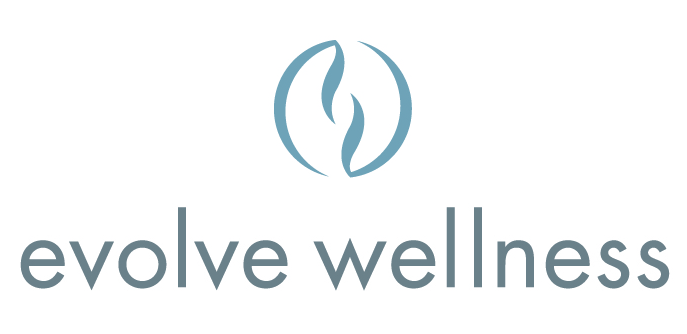How Exercise Helps During and After Menopause
Selene Yeager was in her late 40s when she started noticing strange changes in her body and mood.
A lifelong competitive athlete, Selene noticed that her training wasn’t having its usual effect. She had night sweats and anxiety, but she brushed it all off.
She learned later that she had begun going through menopause. Now she is devoted to helping women understand what menopause does to their bodies and brains, and how exercise helps lessen circumstances and improve overall health later in life.
“I didn’t know what was going on, and that is true for a lot of women,” Selene, a writer and trainer, and podcast host now in her 50s. “We’re in 2021, and it’s still radical to talk about menopause. Something got to change.”
In addition to hormonal changes, many women experience mood swings, trouble sleeping, brain fog, and more. Bone density diminishes, which can be especially troubling since all people lose muscle mass as we age. Weak muscles and bones can often mean falls and fractures. Also, women can have trouble with tummy fat and a higher risk of heart disease after menopause.
“Exercise is the best medicine for all kinds of changes that women are going through at this time,” says Selene, who leads the Feisty Menopause movement and hosts its Press Play Not Pause podcast.
Why Exercise Is So Important Now
Exercise works by improving muscle mass, strength, balance and coordination, according to the National Institutes of Health and other experts
“Research indicates that postmenopausal women who engage in the comprehensive exercise program, benefit by maintaining a healthy body, bone density levels, and good mental health,” the government agency says. “Osteoporosis, the greatest ailment in older women, can be kept under control with exercise.
“Even a moderate exercise schedule can not only keep the weight in check, but it also lowers the risk of stress, anxiety, and depression, all of which tend to show up liberally during and beyond menopause.”
As for hot flashes, though? Well, “the role of exercise, however, in hot flashes remains inconclusive.”
Lifting Weights Is Particularly Helpful
Medical and fitness experts cite many studies (including one in the Journal of the American Medical Association) saying that women can reduce body fat, increase muscle mass, build up bones, and improve balance by lifting moderately heavy weights on a regular basis.
We agree, of course. And so does Selene. (And no, you won’t get big and bulky!)
“Without the anabolic stimulation of estrogen, you need to make up the difference, and lifting weights does it,” she says. “Women in this age category need to lift weights, and they’re not being told that enough. And they need people to teach them because of lot of them haven’t been shown.”
Let us show you how effective, safe and fun resistance training is – and how to integrate it into a healthy lifestyle no matter your age or gender.
And if you have questions about menopause, please talk to your doctor.
>Additional sources: The Department of Health & Human Services; WebMD; The American College of Sports Medicine.
